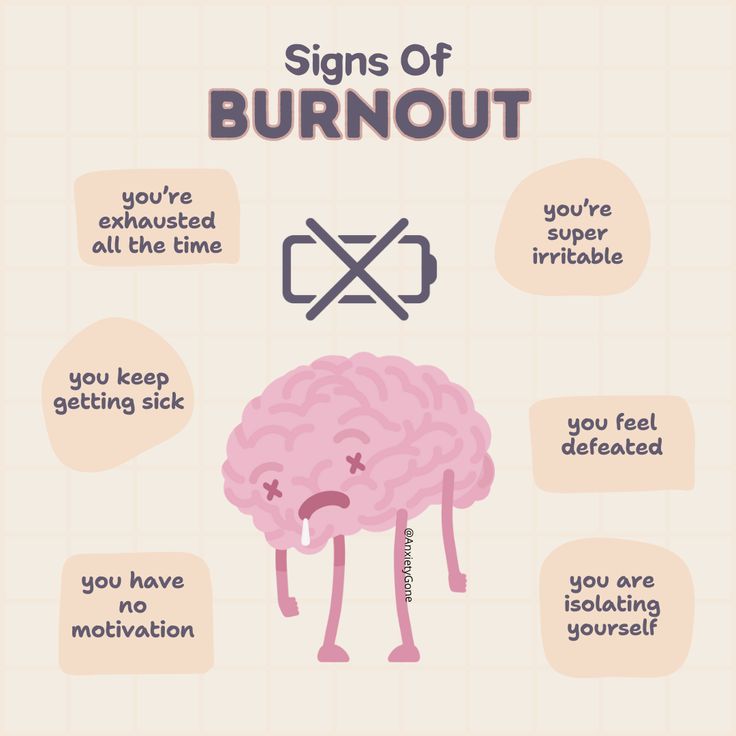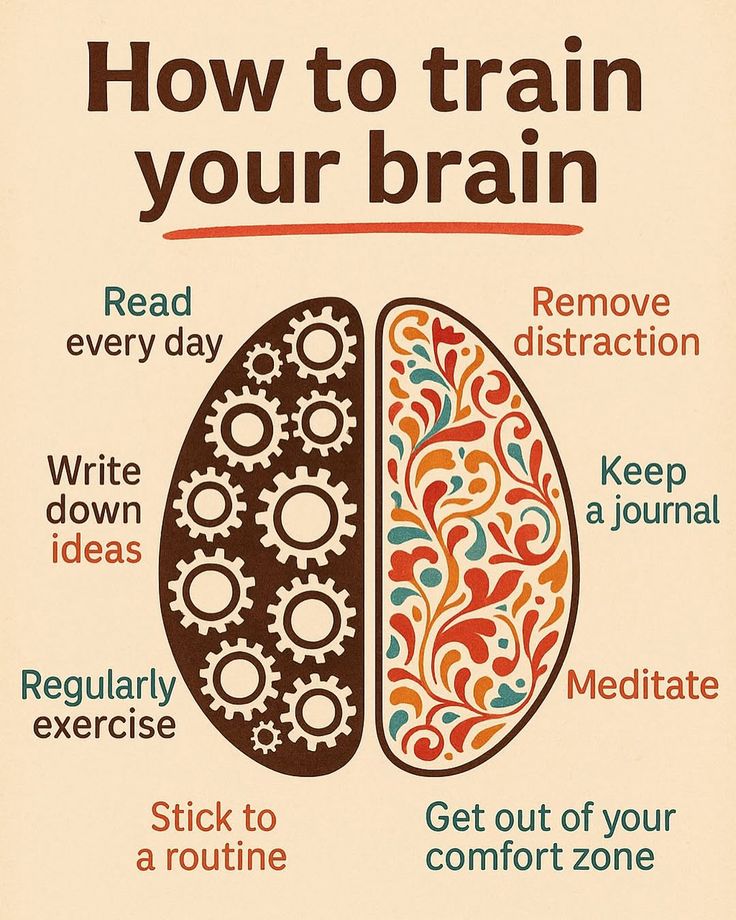
In today’s fast-paced world, mental burnout has become an all-too-common experience. We push ourselves harder, work longer, and often forget to rest until our mind finally gives up and says, “Enough.” Burnout is more than just feeling tired. It’s a state of emotional, physical, and mental exhaustion caused by prolonged stress—especially when you feel overwhelmed, emotionally drained, and unable to meet constant demands.
If you’re reading this, chances are you’re feeling stuck, drained, or simply “not yourself.” The good news is: you can recover from mental burnout. It takes awareness, self-compassion, and intentional action. In this blog, we’ll explore how to recognize burnout, why it happens, and most importantly, step-by-step strategies to recover and rebuild a sustainable, fulfilling life.
Understanding Mental Burnout
Burnout is not just stress. Stress is temporary and often energizing in short bursts. Burnout, on the other hand, is chronic. It’s when stress continues for too long without relief or resolution.
Common Symptoms of Mental Burnout:
Constant fatigue and low energy Loss of motivation Feeling emotionally numb or detached Increased irritability or anxiety Trouble concentrating or remembering things Headaches, insomnia, or digestive issues Sense of failure or helplessness
Recognizing these symptoms early is crucial. Ignoring them can lead to more serious issues such as depression, anxiety disorders, or even physical illness.
Why Does Burnout Happen?
Mental burnout usually results from chronic stress with no recovery time. It’s often linked to:
Overworking or lack of work-life balance Emotional labor (especially in caregiving or service roles) Unrealistic expectations (from yourself or others) Perfectionism and people-pleasing Lack of control over work or personal life Feeling unappreciated or unsupported
Understanding the root causes of your burnout is the first step to healing. You can’t recover from something if you don’t know what’s draining you.
Step-by-Step Guide to Recover from Mental Burnout
1. Acknowledge That You’re Burned Out
This may sound simple, but it’s often the hardest part. We live in a culture that glorifies hustle and productivity, so admitting you’re burned out might feel like weakness.
But acknowledging it doesn’t mean you’re lazy or incapable—it means you’re human.
Try this:
Take a moment to say it out loud:
“I am burned out, and I need rest.”
It’s not a sign of failure. It’s a starting point for healing.
2. Give Yourself Permission to Rest
Rest isn’t a luxury; it’s a necessity—especially when you’re burned out. You need real rest, not just sleep. That includes mental, emotional, and spiritual rest.
What real rest looks like:
Taking a mental health day (or several) Saying no to non-essential obligations Logging off social media Napping guilt-free Watching something light or doing nothing
Don’t underestimate the power of simply being still.
3. Identify the Source of Burnout
Take time to reflect:
What’s draining you the most right now? Is it work, relationships, finances, or something else? Is it something you can control, reduce, or delegate?
Write it down in a journal. Naming the cause helps you tackle it with clarity instead of confusion.
4. Create Space for Mental Recharge
You don’t just need rest—you need nourishment for your mind and soul. Start introducing moments that energize you:
Spend time in nature Read a book you love Practice meditation or breathwork Journal your thoughts and feelings Listen to calming music or uplifting podcasts
Recharging isn’t passive. It’s about actively choosing what feeds your soul instead of drains it.
5. Re-evaluate Your Priorities
Burnout often occurs when we’re doing too much of what doesn’t matter and too little of what does.
Ask yourself:
What do I really want from life? What activities or goals feel aligned with my values? What can I let go of?
Start pruning your schedule, obligations, and goals. Focus only on what truly matters.
6. Set Healthy Boundaries
Burnout thrives in environments where boundaries are weak. That includes:
Working late every night Saying “yes” when you want to say “no” Letting people overstep your emotional space
Practice saying:
“I’m not available right now.” “I need to take care of myself first.” “I appreciate you asking, but I have to decline.”
Your peace is more important than pleasing others.
7. Practice Self-Compassion
When you’re burned out, your inner critic might say:
“Why can’t you handle this?” “You should be doing more.” “You’re not good enough.”
This only worsens the problem.
Flip the narrative:
“It’s okay to feel this way.” “I’m doing my best.” “Healing takes time.”
Talk to yourself as you would to a friend who’s struggling.
8. Simplify Your Life
Minimalism isn’t just about decluttering your closet—it’s about removing mental and emotional clutter too.
Start with small steps:
Unsubscribe from unnecessary emails Limit social media usage Declutter your physical space Reduce multitasking and focus on one thing at a time
Simplifying gives your brain space to breathe.
9. Reconnect with Your Body
Burnout affects your body too. The mind and body are deeply connected, and healing one helps the other.
Support your body through:
Gentle exercise like walking or yoga Eating nourishing, whole foods Drinking enough water Sleeping 7–9 hours a night Breathing deeply and slowly
Even 10 minutes of movement can lift your mental fog.
10. Seek Support
You don’t have to go through burnout alone.
Consider:
Talking to a therapist or counselor Opening up to a trusted friend or partner Joining a support group or online community
Professional help can be life-changing. Therapy offers tools to rebuild resilience, process emotional fatigue, and set better boundaries.
Long-Term Strategies to Prevent Future Burnout
Once you’ve started recovering, focus on building a lifestyle that prevents burnout in the future.
1. Maintain a Realistic Routine
Don’t overload your calendar again. Balance productivity with leisure.
2. Practice Daily Mindfulness
Even 5–10 minutes of breathwork, prayer, or stillness helps you stay grounded.
3. Schedule Joy
Don’t just plan work. Plan joy. Laughter, hobbies, and play are not optional—they’re essential.
4. Keep Checking In
Burnout doesn’t happen overnight. Make weekly or monthly check-ins to ask yourself:
“How am I feeling?” “What do I need right now?”
Final Thoughts: You Deserve to Feel Alive Again
Recovering from mental burnout takes time, but it is absolutely possible. You’re not broken. You’re just depleted. With rest, reflection, and the right support, you can rebuild your energy, clarity, and purpose.
Remember:
Burnout is a message from your mind and body asking for help. Healing is not a luxury. It’s your birthright. You are allowed to stop. To pause. To do less. Your worth is not based on how much you produce—but how deeply you live.
Give yourself permission to heal, grow, and reclaim your joy.
